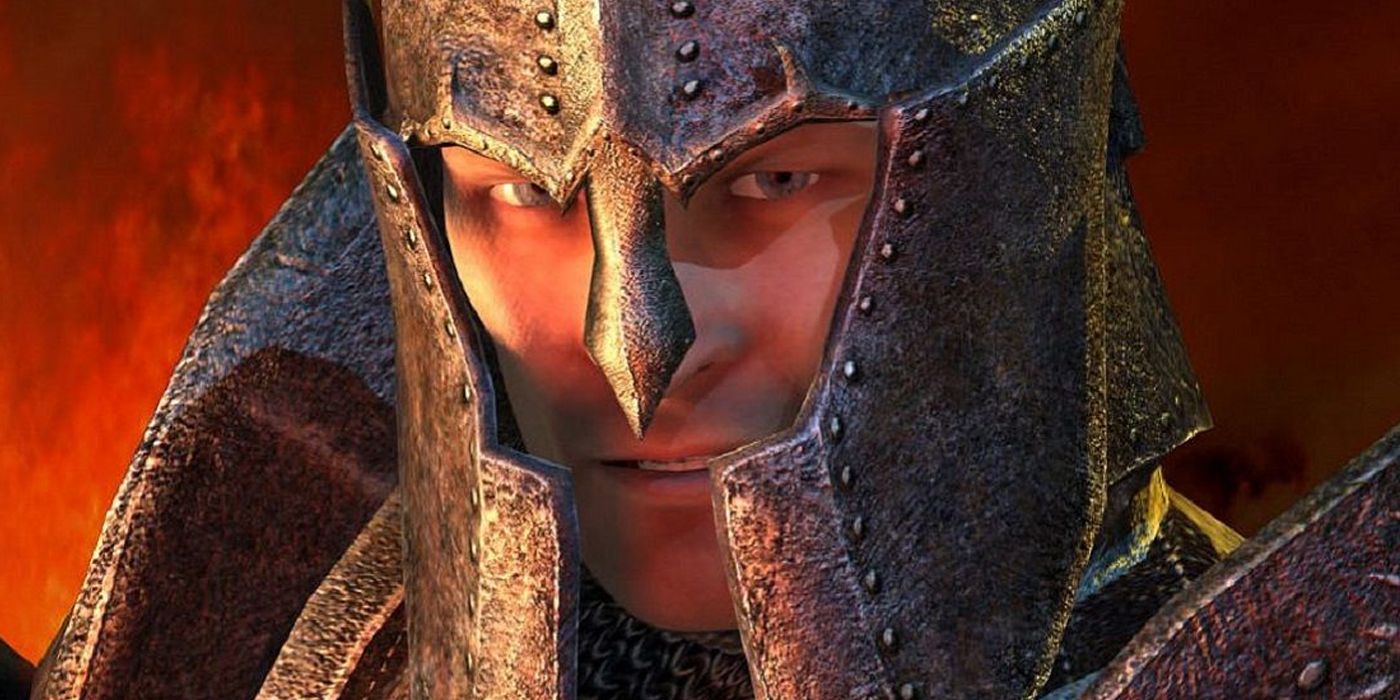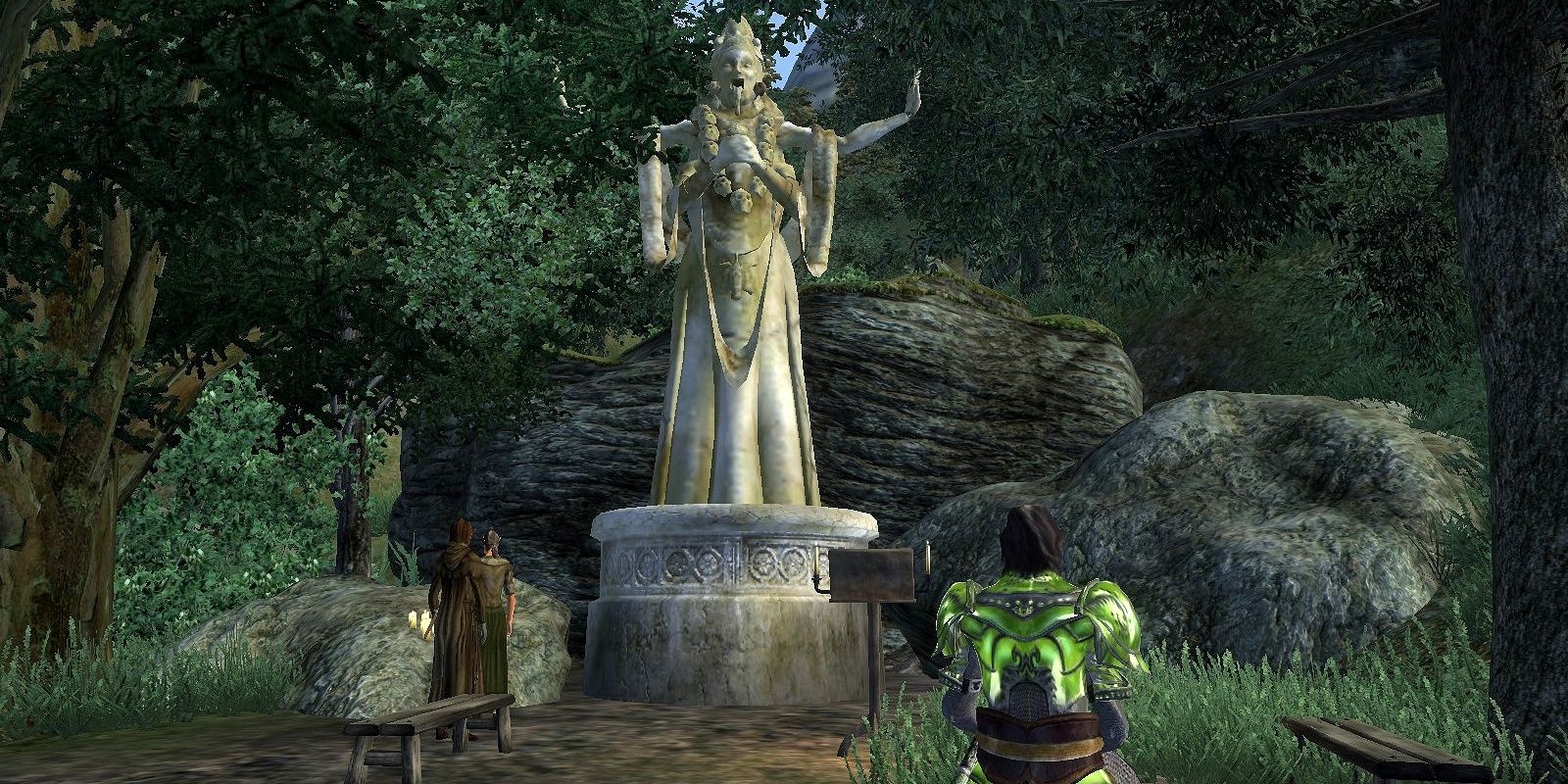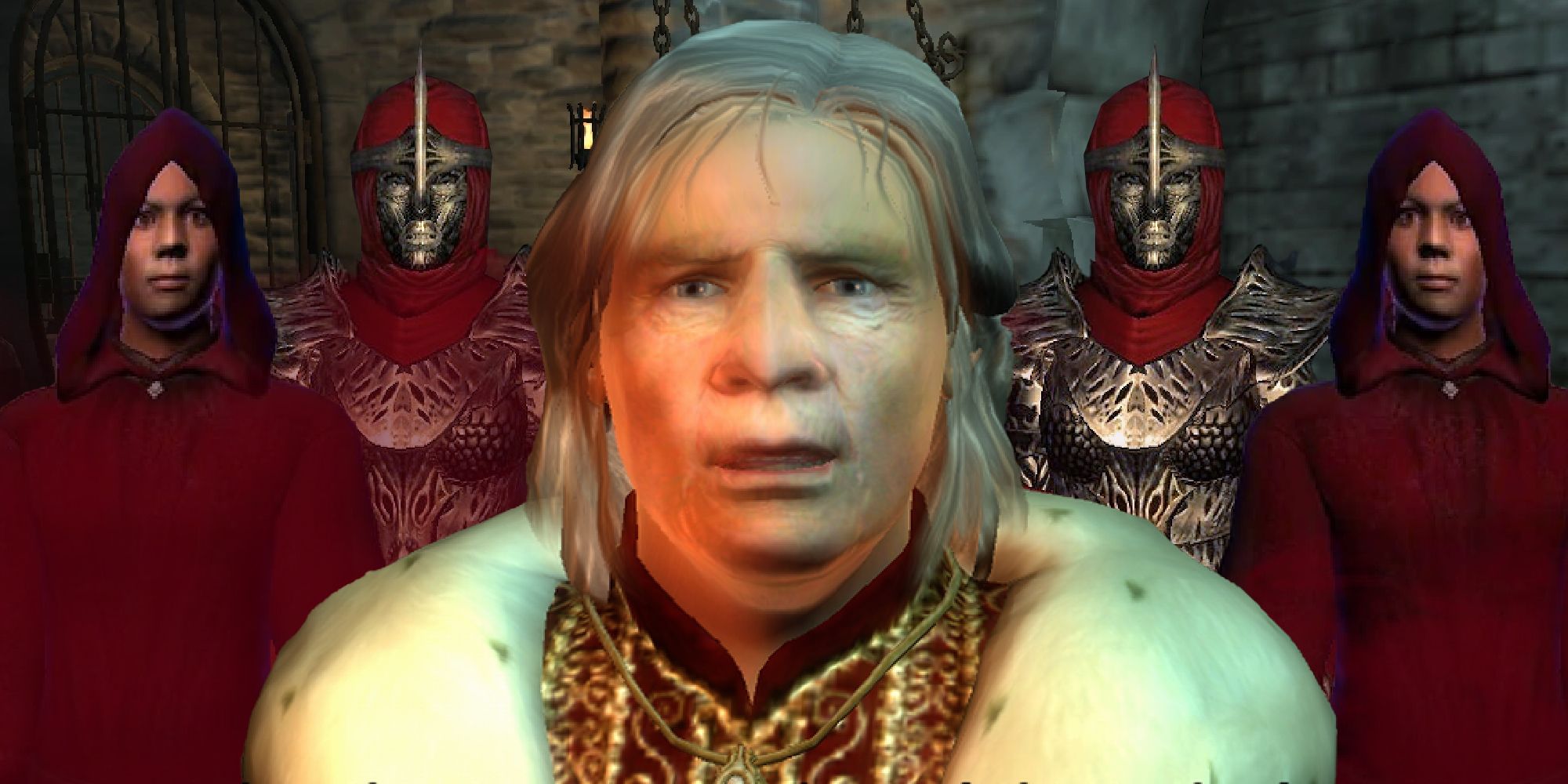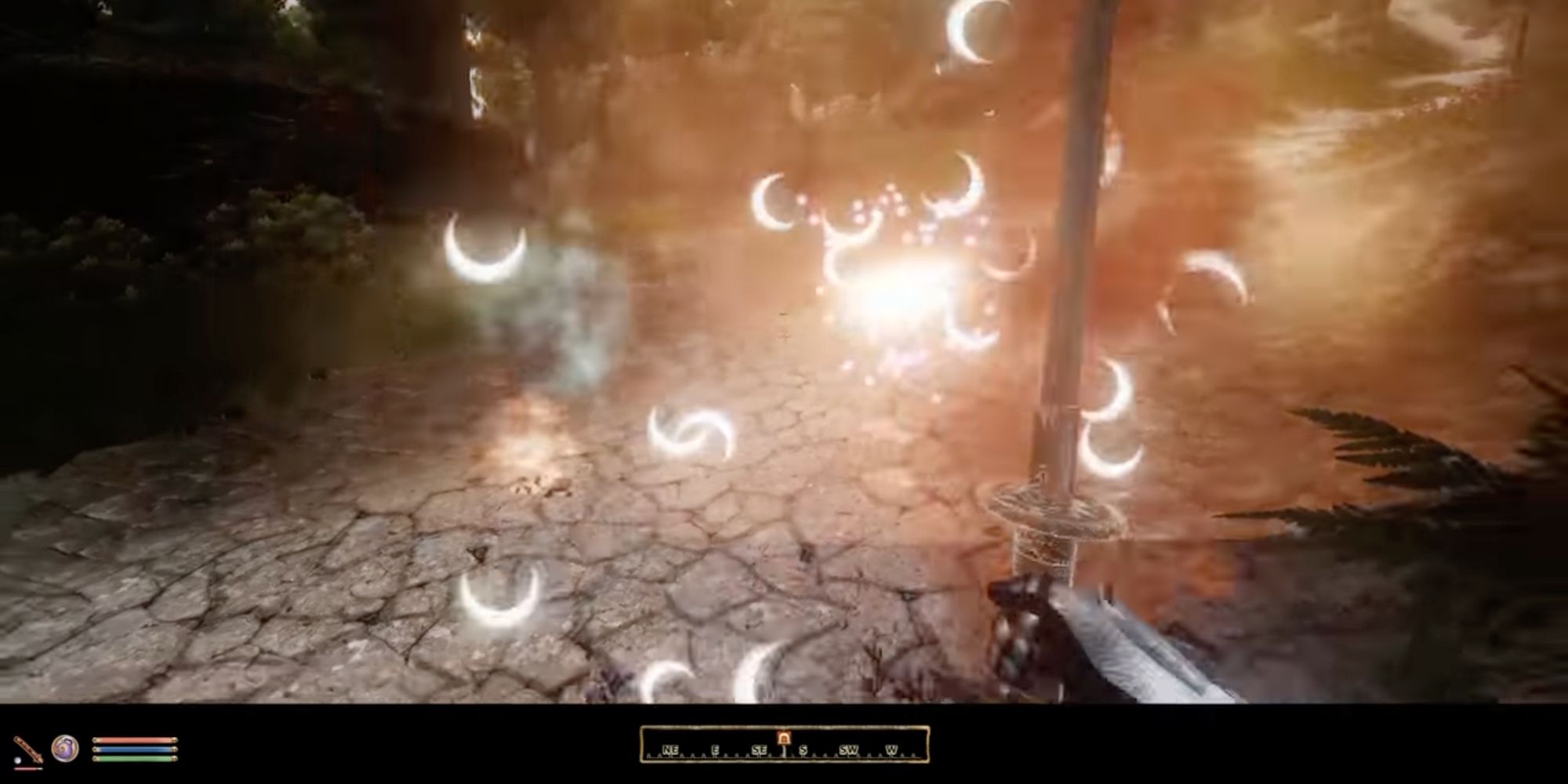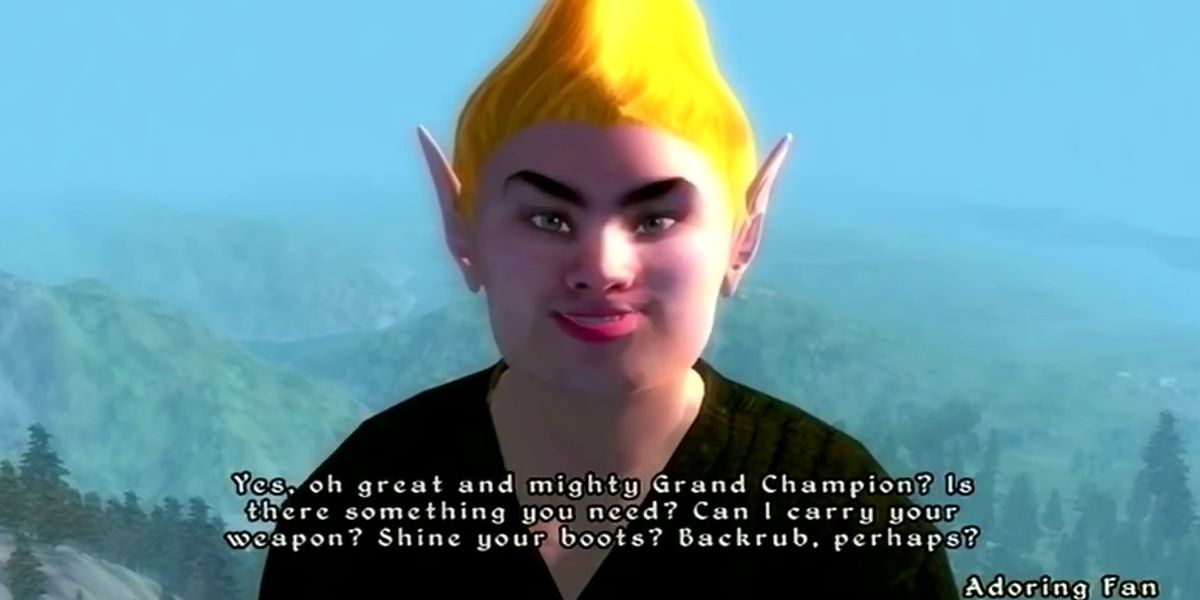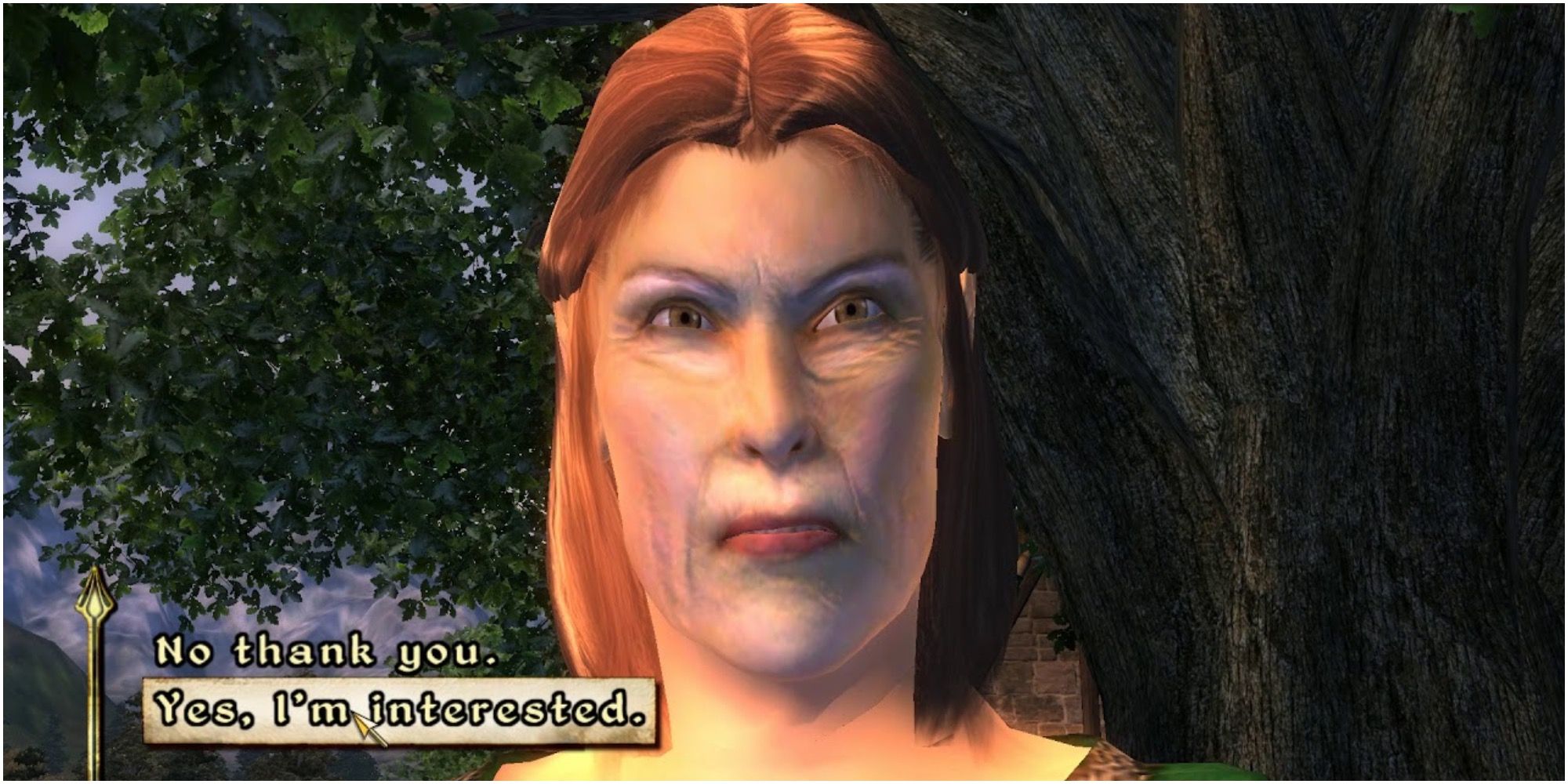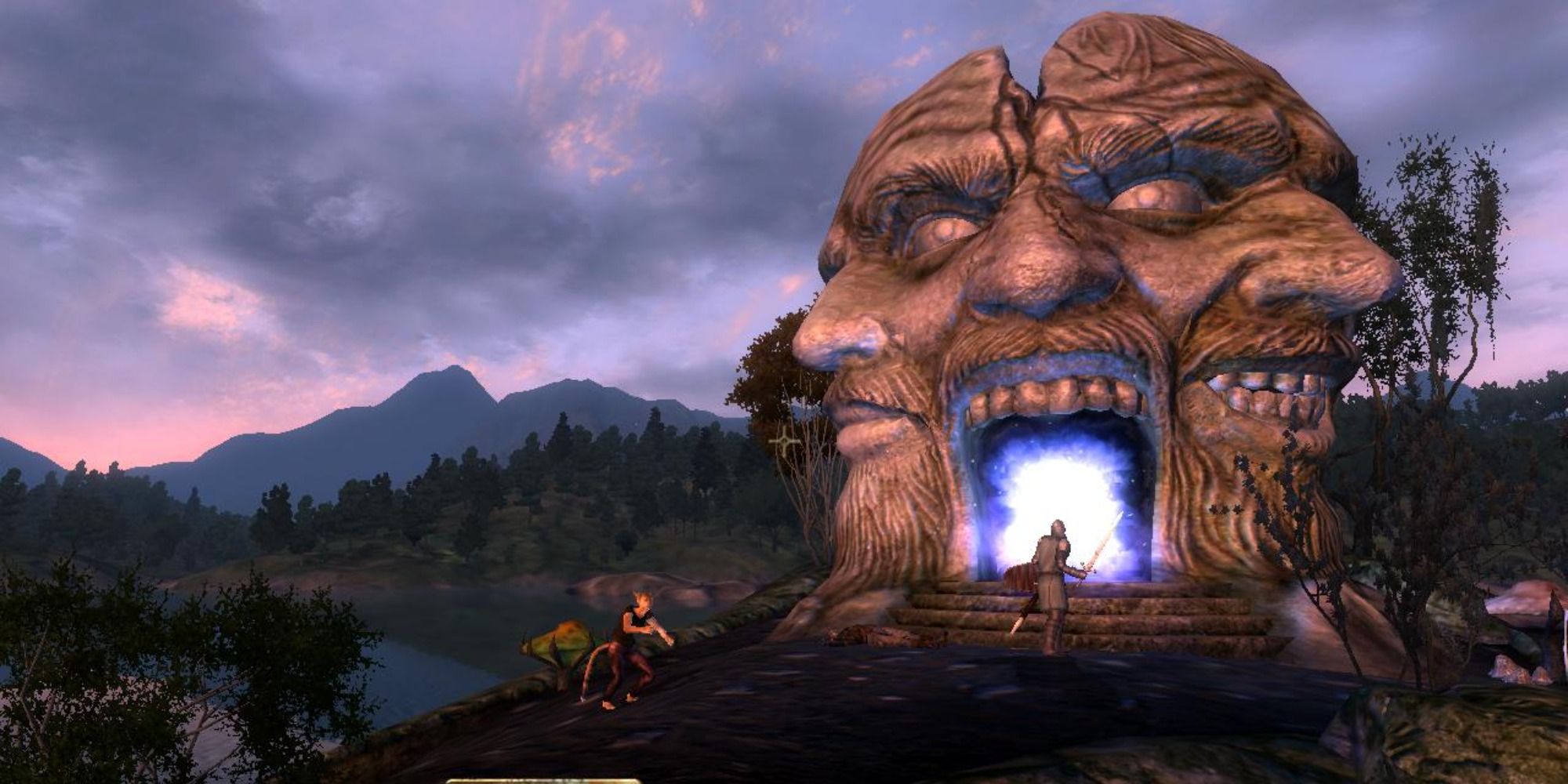Open-world games have progressed a lot since the release of The Elder Scrolls 4: Oblivion. Originally released mere months after the launch of the Xbox 360, Oblivion seemed like a truly next-gen game and a harbinger of what was to come; but as the years have passed, other games have built upon its strengths and seemingly left it in the dust.
But progress isn't always linear, and it only takes one playthrough of Oblivion to realize that some of its innovations just haven't been matched by later games. Oblivion is proof that, when it comes to open-world games, newer doesn't necessarily mean better.
7 Creating A Compelling Story
A lot of open-world games struggle to actually tell a story. A game like The Legend Of Zelda: Breath Of The Wild, despite being incredibly fun to play, faces a problem. If you depict the main character as the chosen one, the only person capable of saving the world, how do you maintain enough tension to drive a story forward... when the player can just ignore the story and go wherever they want?
Oblivion sets itself apart in this regard because you don't play as the chosen one. Instead, you play as a random nobody whose path intersects with the illegitimate son of the late emperor, Martin, who is the actual chosen one. It's a unique angle that sets the game apart.
6 Encouraging You To Explore
That issue with storytelling brings up a related problem: how do you create an open-world game that actually, structurally, makes you feel okay about exploring? Games like Breath Of The Wild or The Elder Scrolls 5: Skyrim tell you that the fate of the entire world rests in your hands. Then they send you off to go do whatever. Though it's fun to play around in those worlds, it's hard not to think about the fact that you're not doing what you're supposed to do.
That's where Oblivion differs. Because you aren't the chosen one, the game's wealth of side content feels right. If you're just a random person exploring this world, why wouldn't you just be doing whatever? That's just life, baby.
5 Featuring Good Voice Acting
Speaking of Breath Of The Wild - not to rag on that game too much - we can admit that its voice acting is kind of terrible, right? A lot of open-world games suffer from that problem. With stories that are so puffed-up, many open-world fantasy games feature self-serious voice acting, delivered by voice casts that lack a sense of gravitas. There's a lot of quiet mumbling about the fate of the world.
Oblivion, on the other hand, features the voice talents of Sir Patrick Stewart and Sean Bean, whose voices actually have the chops to back up their solemn pronouncements about the fate of the world. Not bad for a game released over a decade ago.
4 Fostering A Modding Community
Admittedly, Oblivion does show its age a little bit - its character models looked a little wonky even at the time, and with a decade of hindsight, they look even wonkier now. But for Oblivion's still-active player base, this failing has been turned into a unique strength.
Oblivion has one of the longest-running active mod communities out there. If you're looking to get into the game, there are a wealth of mods that make the game more approachable to modern tastes, emphasizing its strengths while minimizing its weaknesses. It's a testament to the game's quality that fans are still interested in modding it.
3 Filling Out Its Non-Player Cast
As open-world games have gotten larger and technology has gotten more advanced, developers have seen fit to expand their game worlds with tons of NPCs... but many of them are just models without anything interesting to say or anywhere to go. Like, you're not going to get a lot of interesting stories out of Grand Theft Auto's cast of virtual dolls.
Oblivion goes the extra mile here, though. In this game, NPCs all have schedules and tasks and things to do. You can interact with all of them, and even if they don't have any important information or a fun quest for you, they still seem like they have real lives. It goes a long way towards making its world feel coherent.
2 Having Compelling Quests
But many of those NPCs actually do have unique and fun quests for you. Take the Paranoia quest, which you'll encounter early in the game. Glarthir, a random wood elf, will accost you and ask you for your help: he believes that he's being spied upon, and he'll offer to pay you to follow certain other characters to see if they actually are spying on him.
You have a lot of choices in this quest - you can tell Glarthir that he is being spied upon, you can clear the other characters' names, or you can turn Glarthir in to the authorities. The quest introduces you to the game's persistent sense of place and emphasizes the freedom of choice within nearly all of its memorable sidequests.
1 Letting You Really Role-Play
The real magic of Oblivion - beyond its quest or its mods or its storytelling - lies in the unification of those different qualities. The game emphasizes that you're just a part of its wider world, rather than a dominant force. This lets you really play around, trying on different role-playing hats like a classic tabletop RPG.
You want to play as a stealthy mage? Go for it. Interested in being a charismatic brute? Yep, you can do that too. There are countless ways to build your character, allowing you to create all kinds of unique stories within the game. It embraces the possibilities of the open-world: you can be whoever you want to be.

.jpg)
